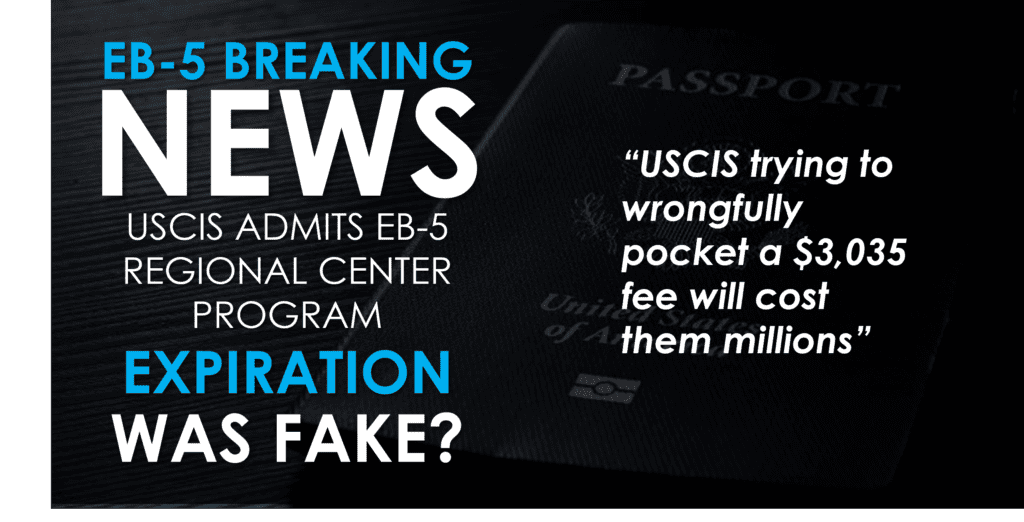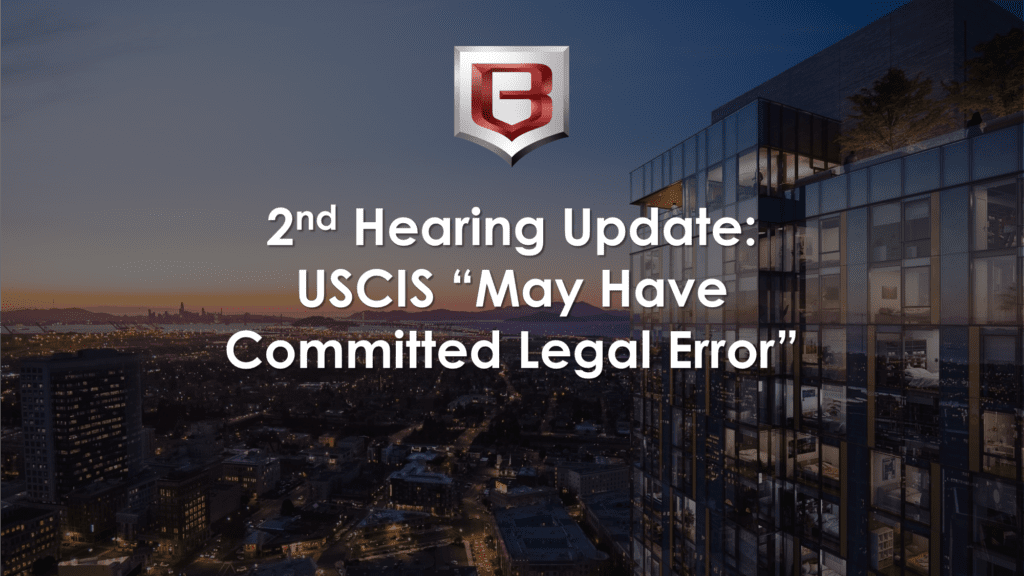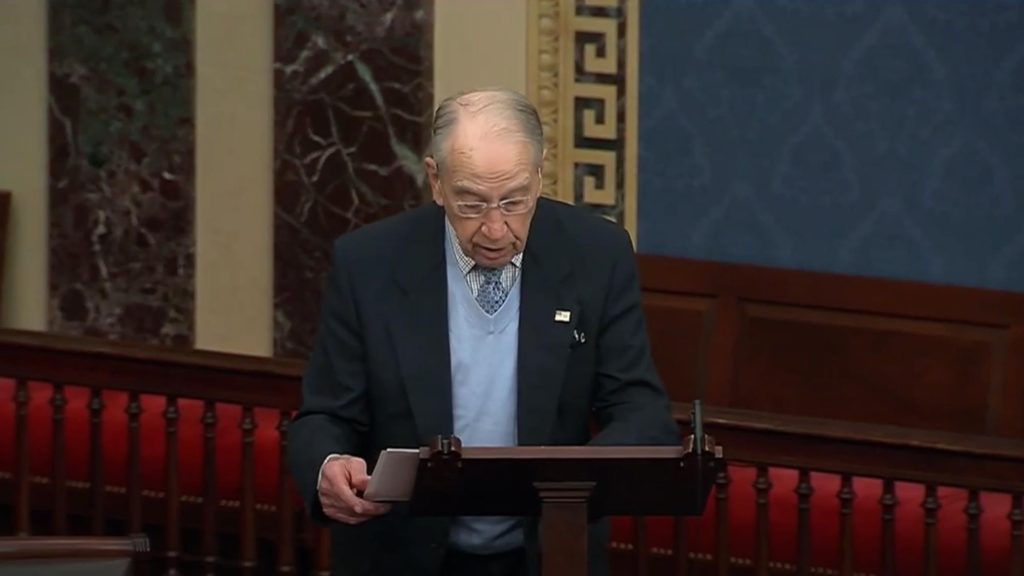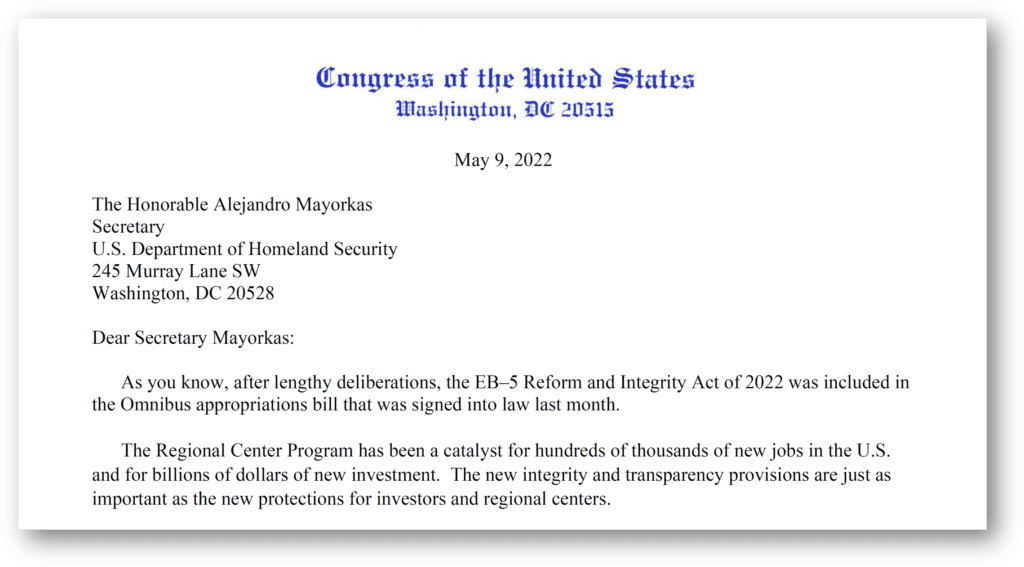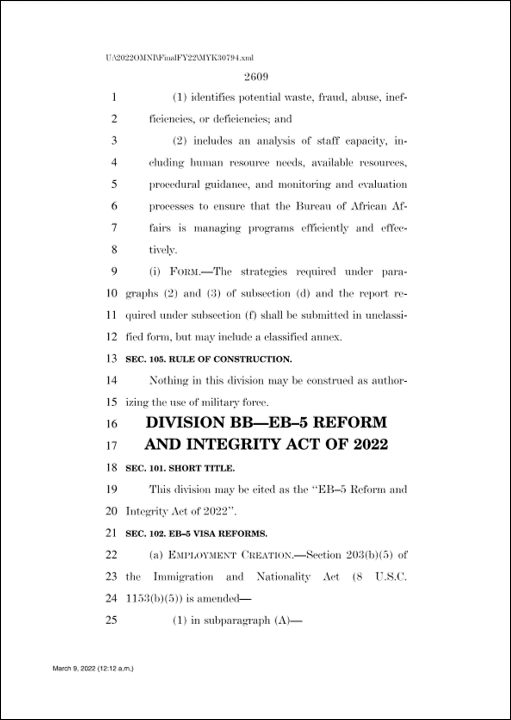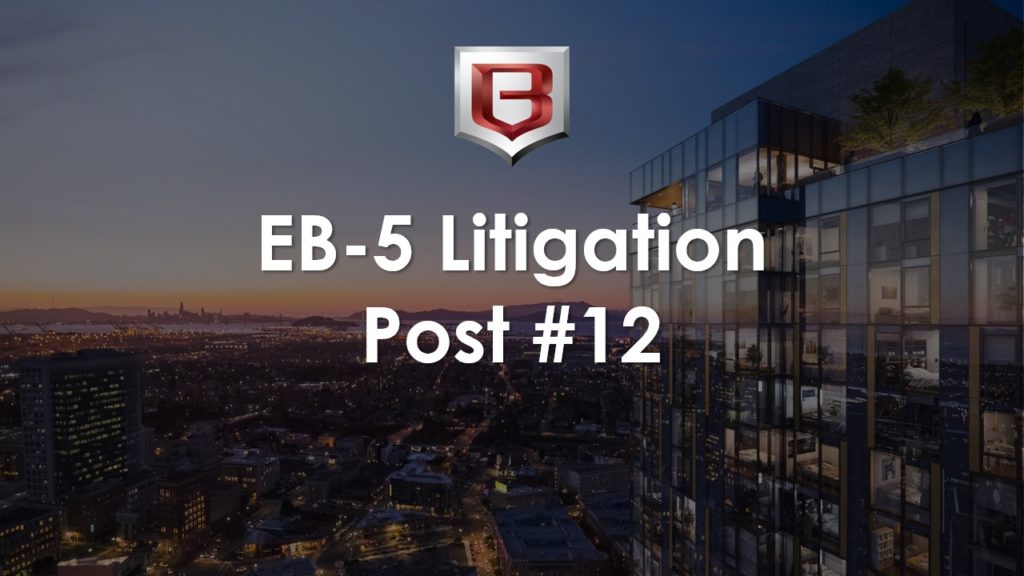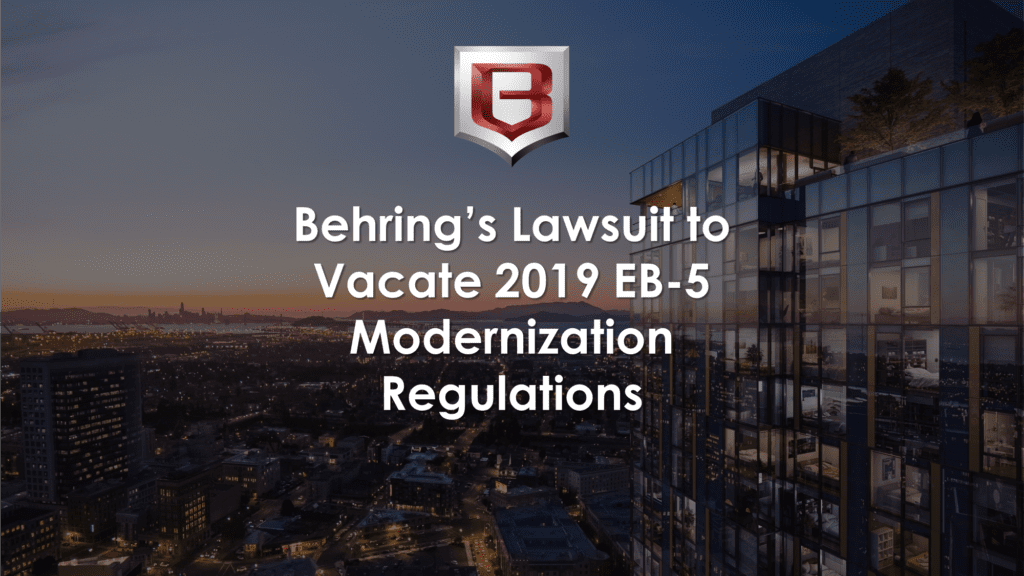EB-5 Litigation Update Post #1: Behring challenges DHS authority to Enact EB-5 Modernization Rules
The Case – Essential Arguments and Why It Has a Chance
Behring argues, in part, that the EB-5 Modernization Rule is invalid because the purported heads of DHS and USCIS had not been duly appointed under the Presidential nomination and Senate consent process at the time they promulgated the Rule. The claim stems from the continued controversy at DHS and USCIS where a series of officials have taken on the positions only to resign later.
The appointments of the Secretary of DHS and the Director of USCIS both must come with the advice and the consent of the Senate. Since April 2019 there has been no DHS Secretary confirmed by the Senate since April 2019. Instead, the Trump administration attempted to circumvent the nomination and confirmation process by elevating Chad Wolf as Acting Secretary after the former Acting Secretary McAleenan resigned on November 13, 2019 (who himself had replaced the last properly appointed head, Secretary Nielsen, who had resigned on April 10, 2019). After the resignation of USCIS Director Cissna, the Trump administration foresaw that Cuccinelli would face a difficult confirmation hearing. Instead, it appointed him to a newly-created position, claiming this position would permit him to assuming the role of Acting Director (and avoiding the need for Senate confirmation).
Behring argues these machinations violate the Federal Vacancies Reform Act (FVRA) and the Homeland Security Act of 2002 (HSA), and therefore, any actions performed under Wolf were in violation of the law, including enacting the new EB-5 regulations.
Precedent for Behring’s Case
The thrust behind Behring’s arguments that DHS officials acted without legal authority finds support from other federal court decisions as well as the government’s own findings by the Government Accountability Office (GAO), an agency that provides Congress nonpartisan investigative services.
First, in early March 2020, in a lawsuit brought by asylum-seekers challenging rules restricting their abilities to consult with legal counsel among other rights, a federal judge ruled that Cuccinelli’s appointment as acting director of USCIS “cannot be squared with the text, structure, or purpose of the FVRA” and thus was invalid, as were the directives in the underlying case. Although Cuccinelli continued to act as USCIS director, the Trump administration dropped its appeal, essentially conceding the challenge to the directives.
Then, on August 21, 2020, GAO found that McAleenan, Wolf and Cuccinelli had been appointed improperly in violation of the HSA’s succession order provision (Read the GAO report). GAO’s opinion is not legally binding, but nevertheless provides sound analysis for the subsequent challenges.
In fact, four federal courts have already ruled against DHS agreeing that Wolf and other officials were illegally appointed, rendering void the rules at issue. Most recently, on November 14, 2020, a federal judge in New York, ruled that Wolf was not acting lawful as DHS Secretary, concluding that suspension of DACA was invalid.
These decisions with other lawsuits pending, including Behring’s case, was the impetus of Wolf’s resignation on January 12, 2021. Behring is hopeful that these events will encourage the government to recognize that the unlawful appointments (and therefore, invalid actions) likewise apply to the EB-5 Modernization Rule and set it aside.
Join Our Mailing List to Get Updates
Please fill in the form below to subscribe to our mailing to be notified when new EB-5 litigation blog articles are released.
"*" indicates required fields


